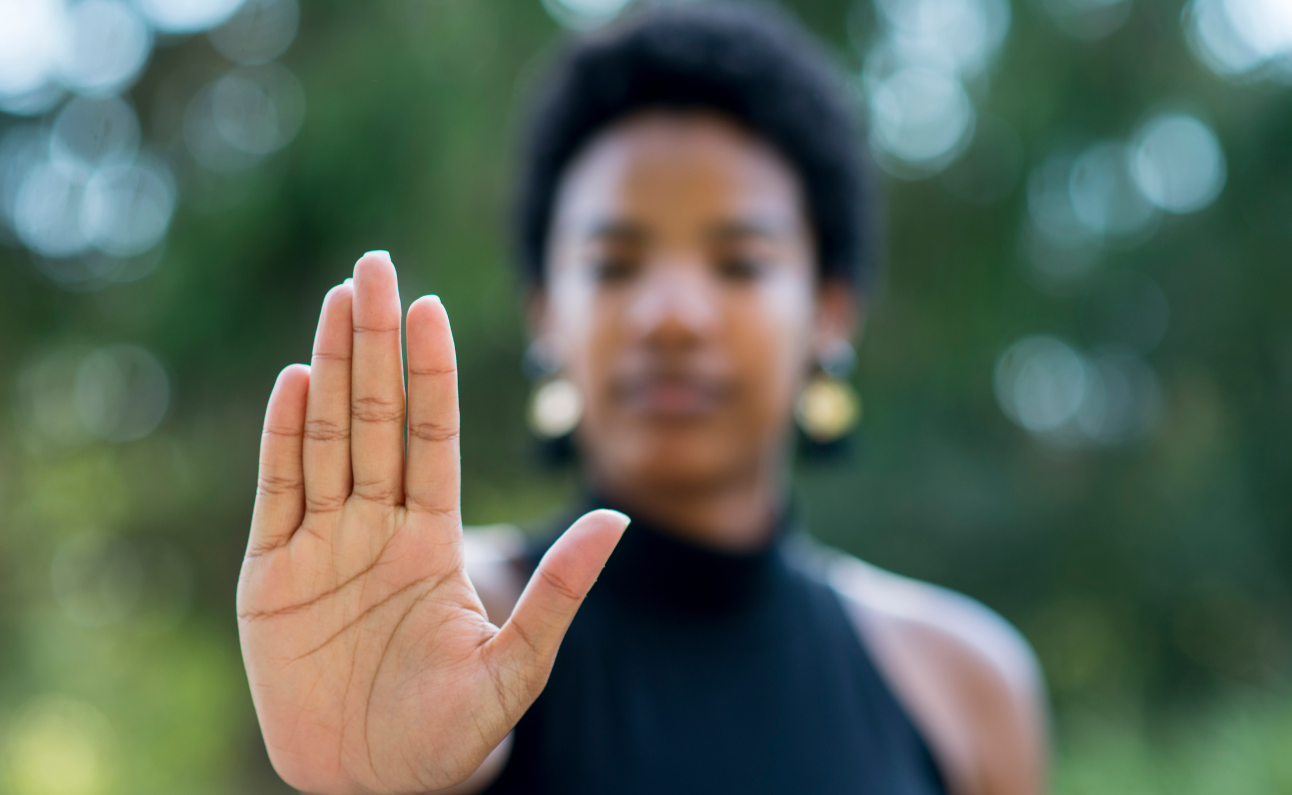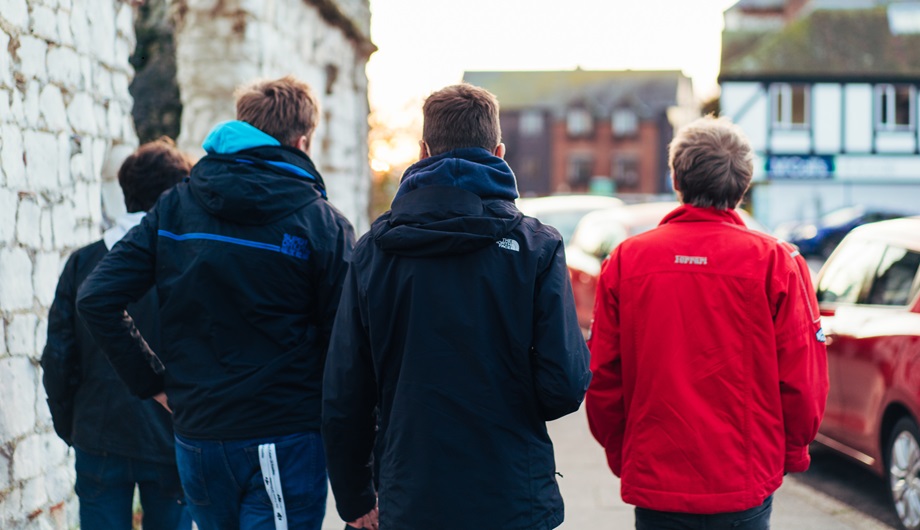
SafeLives responds to the Government’s Violence Against Women and Girls Strategy
We are pleased to see the Government’s Violence Against Women and Girls Strategy following a Call for Evidence which received over 180,000 responses. Clearly, this is a crucial issue which deeply resonates with people across the country and there is no ‘them and us’ when it comes to domestic abuse and violence against women and girls: it affects our whole society and every community.
We warmly welcome the Strategy’s whole-system approach to ending violence against women and girls. In particular, we are proud to stand alongside survivors of VAWG and organisations across the sector in having secured critical developments including: the creation of a dedicated Police post for VAWG which will report into the National Policing Board; greater support for teachers delivering the new Relationships and Sex Education curriculum; building the evidence base on prevention projects; public awareness and education campaigns; the use of technology to combat violence and abuse which can help women and girls contribute easily and quickly to a better understanding of where and when VAWG is happening; and the criminalisation of virginity testing as called for by many by-and-for Black, Asian and racially minoritised women’s services, including in IKWRO’s Virginity Does Not Define Me campaign.
The Government’s focus on prevention and on perpetrators in the Strategy is vital, and we are pleased to see the specific commitments educating young people about healthy relationships and the development of key principles of quality assurance for working with perpetrators: interventions for perpetrators must be evidence based and victim centred. A focus on bringing the most dangerous and persistent offenders to justice through the criminal justice system is absolutely right but we know that many survivors, including those from minoritised groups, face extra barriers to accessing justice. Only one in five survivors of domestic abuse calls the police. Therefore, there needs to be a full spectrum of responses to those who use violence and abuse against girls and women that goes beyond solely criminal justice.
It is a shame that the Strategy doesn’t name more prominently the perpetrators of violence against women and girls – predominantly men and boys – especially regarding the public campaigns and targeted interventions. Without the recognition that violence against women and girls is often male violence against women and girls, we cannot change the culture underpinning VAWG and the planned campaigns and interventions risk failing to achieve their full potential.
Finally, we understand that the Strategy comes with one year’s funding and that further funding will be allocated in the Spending Review due later this year. Services dedicated to supporting victims of VAWG or responding to perpetrators are often commissioned on a short-term basis, leaving frontline practitioners unsure if they will be able to continue supporting survivors beyond the end of the financial year, or even the quarter. Without longer-term, sustainable funding for specialist services, victims of VAWG and the services supporting them to recover will be left in a precarious and unstable position.
Read the Government’s Violence Against Women and Girls Strategy
You may also be interested in


VAWG strategy: response

